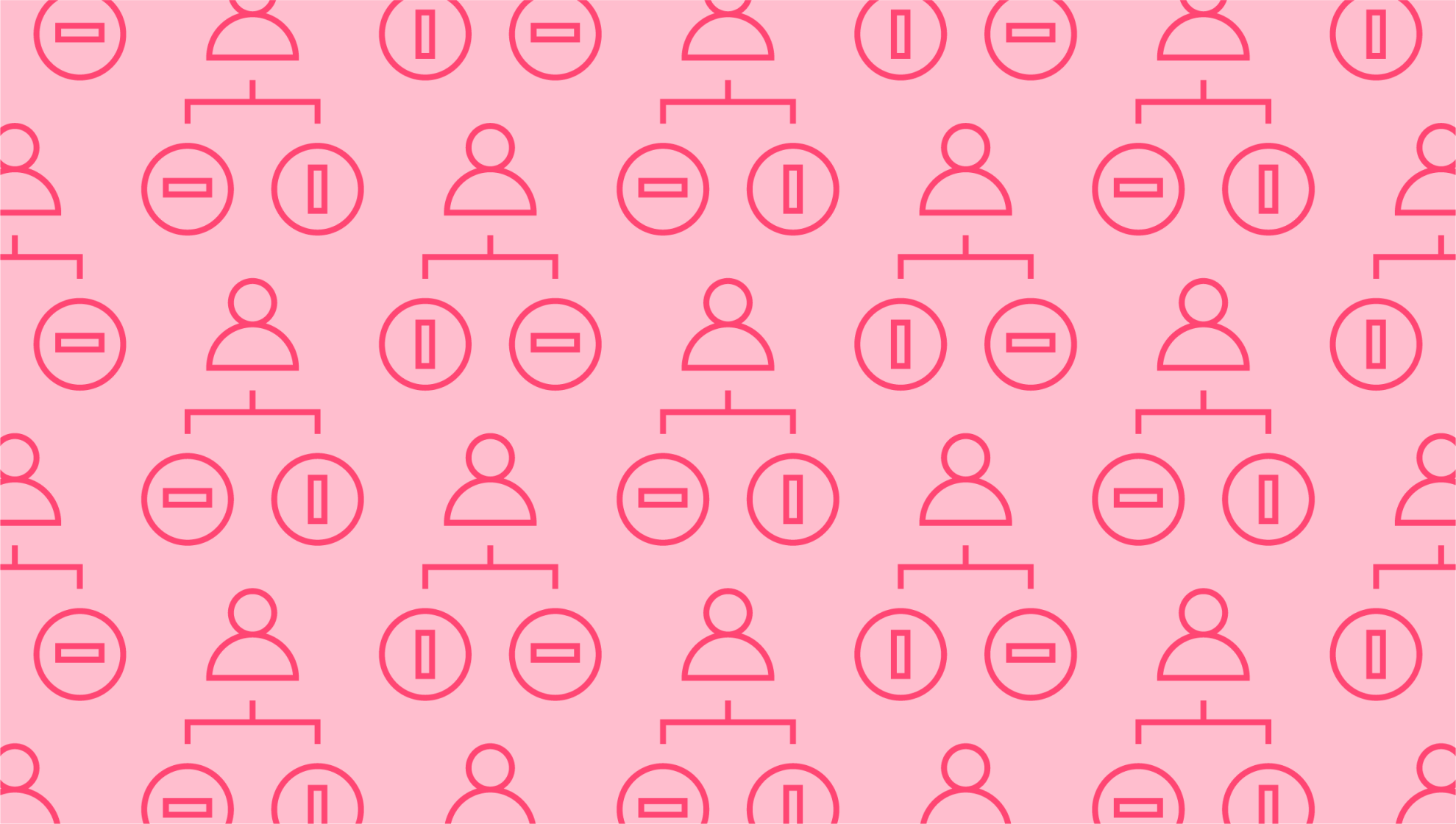Last editedJan 20263 min read
The COVID-19 crisis has been tough for small businesses, many of which have had to shut their doors for lengthy periods. If you’ve been impacted, the government’s Paycheck Protection Program (PPP) offers a way to keep your workforce afloat in the meantime. So, what is a PPP loan? Here’s what you need to know.
What is a PPP loan?
A PPP loan is designed to provide incentive for businesses to retain their workers on payroll. Loans can be used for a variety of purposes within this basic framework:
Payroll costs including benefits
Mortgage interest
Rent costs
Utilities
Worker protection costs related to Covid-19
Uninsured property damage costs due to looting
Supplier costs and operations expenses
Rather than laying off workers due to a lack of business activity throughout the crisis, businesses can use the loans to keep them on staff. In addition, borrowers might be eligible for PPP loan forgiveness.
The PPP loan program is administered by the U.S. Small Business Administration (SBA), with both first draw and second draw applications available.
What are the PPP loan terms?
Although you can apply through a choice of lenders, all PPP loans have some key characteristics:
Interest rate of 1%
Maturity of two years for loans issued before June 5, 2020
Maturity of five years for loans issued after June 5, 2020
No collateral is required
No fees
Loan payments can be deferred if you apply for loan forgiveness
How do I apply for a PPP loan?
All PPP loan application materials are available on the SBA website. The first step is to use their matching tool to find a suitable lender in your area. You can then choose the loan type and fill out the application.
First draw PPP loans: These are available to all eligible parties who haven’t received any other PPP loans in the past.
Second draw PPP loans: If you need additional funding, some businesses will also be eligible for the second draw.
At the moment, there hasn’t been any third draw announced. However, it’s a good idea to keep on top of the latest Covid-19 updates for additional sources of relief.
The PPP loan application asks for some basic information about your business, including the following:
Legal business name
Business address and contact details
Business size
Business TIN number
Employer EIN number
NAICS code
You’ll also need to fill in some information about the number of employees on your payroll, the average monthly payroll, and loan request amount. You can choose from a selection of boxes to explain how you plan to use the loan.
There is an exclusivity period for the very smallest businesses (those with fewer than 20 employees) between February 24 and March 9, 2021. These small businesses are able to have the first shot at the PPP loan application, after which time the applications open to all eligible businesses. If you’ve already submitted your application to the SBA, these will still be processed.
PPP loan requirements
Most small businesses that have been adversely impacted by COVID-19 will be eligible for this type of assistance. Here’s a quick rundown of the PPP loan requirements:
Small business that meets the SBA’s size qualifications
Sole proprietors, self-employed individuals, and independent contractors
Non-profit organization, veterans’ organization, or tribal business concern that meets SBA size standards
Businesses with a NAICS code beginning with 72 that have more than one physical location, provided they employ fewer than 500 workers per each location
As you can see, eligibility requirements primarily relate to size. Non-profits, franchises, and self-employed contractors might all be eligible despite their different business models.
To qualify for the second draw PPP loan, there are a few additional requirements. You must have already received a first draw loan, using the funds only for authorized reasons. You also must demonstrate a 25% reduction in gross receipts as a direct cause of COVID-19 and have no more than 300 employees.
PPP loan forgiveness terms
To qualify for PPP loan forgiveness, you need to verify that you’ve met the following terms:
Minimum of 60% has been used on payroll costs
The remaining percentage has been used for other qualifying costs
Employee and compensation levels have been maintained as a result of the loan
Borrowers can apply for forgiveness once all the funds have been used, up to the loan’s maturity date. If you don’t apply within 10 months, you’ll need to start making loan repayments to your PPP lender. Along with your PPP loan forgiveness application, you’ll need to send in documentation. This includes things like:
Bank account statements
Payroll paperwork
Benefits and retirement plan paperwork
Mortgage interest payment receipts
Rent and lease payment receipts
This is just a short list of the type of documentation required. It’s best to take extra care with your accounting during this period, so that you’ll have all the proof needed for loan forgiveness.
We can help
GoCardless helps you automate payment collection, cutting down on the amount of admin your team needs to deal with when chasing invoices. Find out how GoCardless can help you with ad hoc payments or recurring payments.

